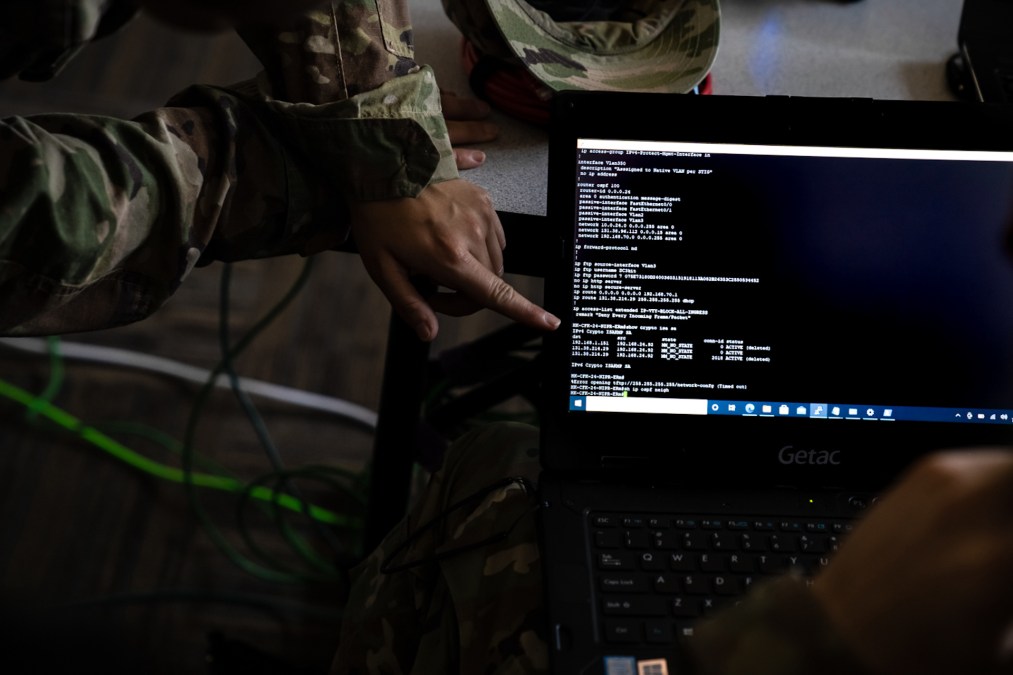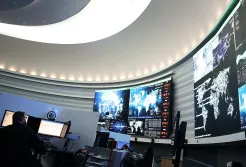Space Force to shift all cyber guardians to defending mission systems and performing ‘core’ tasks

Guardians that are protecting the Space Force’s “base-level” networks will soon move onto conducting more critical operational cybersecurity missions, the head of Space Operations Command (SpOC) said Wednesday.
Currently, not all of the service’s career cyber personnel are providing capabilities that are directly related to the Space Force’s core missions. Instead, they’re monitoring networks like emails and telephone communications, said SpOC Commander Lt. Gen. Stephen Whiting.
But soon that work will be tasked to the 16th Air Force, which is responsible for the service’s information and cyber warfare activities, freeing up cyber guardians for new roles, he said.
“We are pivoting all of our cyber guardians onto defending our mission systems or they’re executing core cyber missions, like [satellite communications], you know, helping us maintain and point the antennas where they need to go and maintaining those networks,” Whiting said during a webinar hosted by the Mitchell Institute. “They’re doing core business for the Space Force, not doing base-level installation business — and that’s vital to us.”
Whiting called cyber the “soft underbelly” of the service’s enterprise. While China and Russia have tested advanced anti-satellite (ASAT) capabilities, cyberattacks are often easier and harder to detect — opening another avenue for enemy counterspace actions.
“We have these global networks — think GPS, satellite communications, missile warning — that not only wrap around the planet and touch every continent, but they extend up to 22,000 miles above the Earth’s surface out to geosynchronous orbit where our satellites are,” Whiting said. “That creates a lot of novel cyber attack surface, and so we have to defend that cyber terrain.”
Space Operations Command is also building out mission defense teams and has already stood up cyber security service providers (CSSPs), Whiting noted. Those entities belong in the Space Force’s Delta 6 — its cyber delta — and are responsible for providing organic defensive cyberspace operations for the service.
In the next couple of years as it grows its cyber workforce, the Space Force will build out a service component to U.S. Cyber Command, Whiting said.
In the meantime, the Space Force’s CSSPs have been given the green light to operate alongside U.S. Cyber Command’s Joint Force Headquarters–Department of Defense Information Network (JFHQ-DODIN), which defends all of the Pentagon’s networks.
“They’ve come in, they’ve simply certified that we’re ready to operate. And then we have relationships with them where they share information and we share information, and that helps us better defend our capability,” Whiting said.






